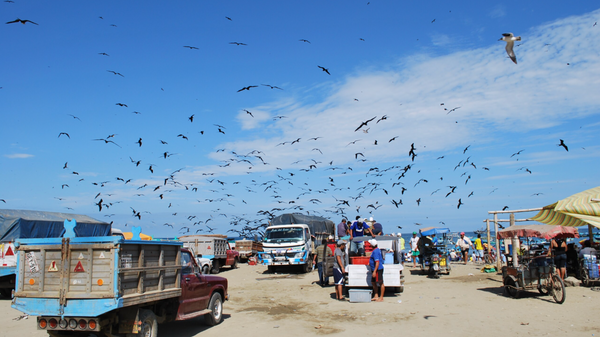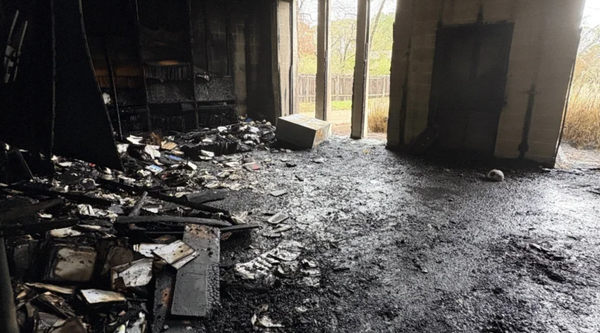Western Queensland is traditional Liberal-National territory and one of Australia's safest conservative seats, where residents have supported their federal member David Littleproud since 2016.
But this week, he left some traditional custodians and locals scratching their heads after announcing the Nationals would be voting no on the upcoming referendum on an Indigenous Voice to Parliament.
Many aren't sure what the decision means.
This week Mr Littleproud, the party's leader, said he had consulted widely with Indigenous people, including in his electorate of Maranoa, which covers most of Western Queensland.
Iningai woman Suzanne Thompson didn't get a call from her federal MP, but that didn't mean she was opposed to his position.
"I don't necessarily at this point in time support it because I don't trust the process that it's going on," she said.
Ms Thompson played a role in the creation of the Uluru Statement from the Heart that informed the Indigenous Voice to Parliament concept, but said she couldn't support the campaign.
As the former co-chair of the working group Ms Thompson travelled to every capital city in Australia to attend meetings about the Voice.
"When I was coming home without an outcome, it didn't sit with me," Ms Thompson said.
"I made the decision, as well as the other working group members, [that] this is not for us because we're not being heard.
"Because if the 28 Uluru statement working group members weren't heard, I don't know how the rest of the mob are going to be heard."
A Voice to Parliament would be a permanent body representing First Nations people that would advise government on Indigenous policy.
She said she had questions about how it would operate.
"I don't think we've arrived at 'What is this Voice, what does it look like, is it economic, is it about closing the gap… what does it actually mean for First Peoples in this country?'" Ms Thompson said.
"I think we've got it wrong."
Lack of consultation
Further east at Roma, 27-year-old Manandanji man Lane Brookes said he was asked by the Department of Aboriginal and Torres Strait Islander Partnerships, as a matter of urgency, if his contact details were correct and to expect a call from Mr Littleproud on the matter.
But the call never came.
He said that demonstrated the importance of establishing an Indigenous Voice to Parliament.
"Some of our key voices aren't being heard … hence the need," Mr Brookes said.
"We can't sort of move anywhere forward, if we're going to be opposing anything that is potentially life-changing within a positive sense.
"Conversations need to be had first to figure out what what's going to benefit our mob and what's going to benefit our region."
The ABC asked Mr Littleproud for a list of the people he had consulted but that request went unanswered.
'We're a very inclusive community'
Taroom resident Tilly Parry-Okeden, 21, said she didn't know much about the Voice.
But she said the Maranoa community she'd known her whole life was supportive of Indigenous views.
"I don't know much about politics, but I think it's a bit unfair that no-one really has been consulted by the sounds," Ms Parry-Okeden said.
"I feel like we're a very inclusive community and we live with a lot of Indigenous people, so I don't see why anyone would have said that [we're not for it].
"We're all one out here so I don't see how they don't deserve a voice."
Third-generation Longreach man Sandy Flower, 80, recalled a time in his youth when First Nations People were treated very differently.
"They weren't allowed to go in a pub or anything," he said.
"They used to have to sit across the paddock to eat their meal — they weren't allowed to sit with the white people.
"They weren't treated real nice from the word go, really. "
Mr Flower said he thought he would vote yes but didn't know much about the referendum.
"I live in the bush and the only news I get is at night time on the TV or on the ABC [radio] of a morning," he said.
"I suppose [First Nations people] want a bit of a fair go too."







